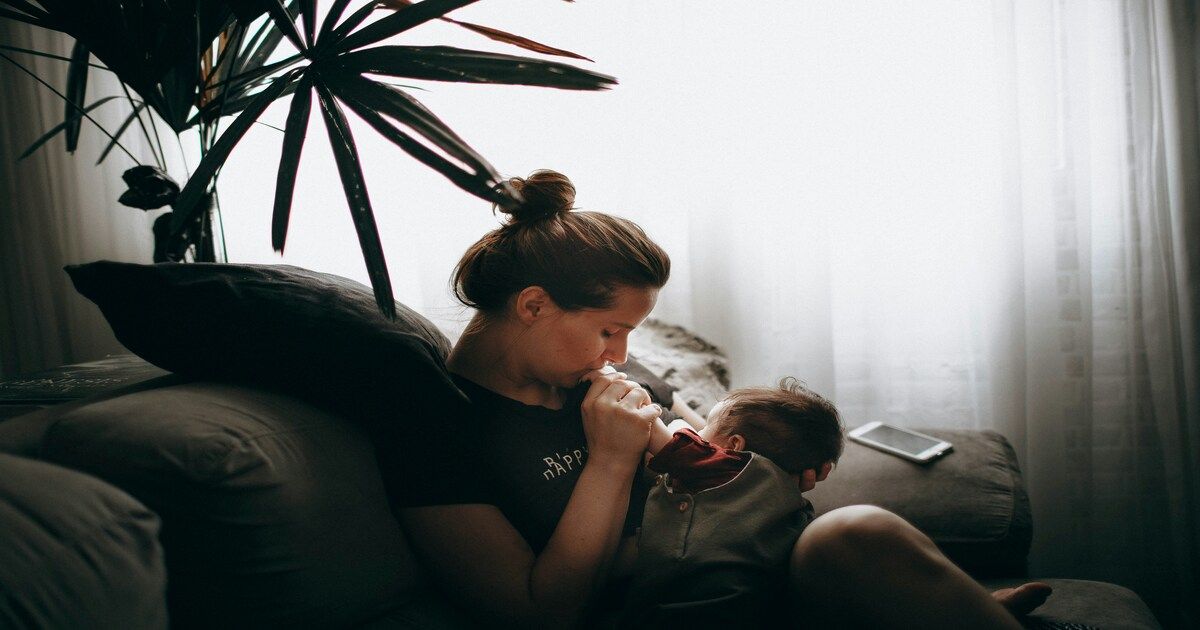For a long time, mental health was a subject many people shied away from, especially within our communities where silence was often mistaken for strength.
The fear of being misunderstood or judged forced countless individuals to carry their struggles quietly, wearing smiles that hid battles with depression, anxiety, trauma, and emotional pain they couldn’t name. Yet, behind those unspoken stories lies the shared truth that healing begins the moment we start to talk about it.
This article brings together the voices of those who found the courage to speak, reminding us that recovery isn’t a straight path but a continuous journey that requires patience, compassion, and the willingness to seek help without shame.
Read next: 5 Things to Do While Waiting for Therapy
1. Healing from Trauma
I never knew that one day I would find myself in a therapist’s office, sitting before a stranger and sharing all my life’s history. I come from a family where I often felt unseen and my voice didn’t seem to matter. So many things happened growing up that I never realized would follow me into adulthood.
It wasn’t until I started sabotaging every relationship I had that I noticed something was wrong. I couldn’t love; I couldn’t trust people. I thought it was just how life worked until I learned there was a name for it. Trauma. Post-Traumatic Stress Disorder.
For years, I carried the weight of my childhood without realizing how heavy it was. It crept into my work, my friendships, even how I viewed myself. I thought depression was for weak people, so I considered myself strong. But one morning, I couldn’t get out of bed. I didn’t want to talk, eat, or exist. That was when I realized strength isn’t about pretending you’re fine, but it’s about asking for help when you’re not.
Therapy didn’t fix everything overnight, but it gave me words for my pain. It taught me that healing isn’t about forgetting what happened; it’s about learning to live freely despite it. I’m still healing, but I’m no longer broken.
2. My Postpartum Depression Story
I used to think childbirth automatically came with only joy. You know, the laughter, the excitement, the glow everyone talks about. But after giving birth, my reality was different. I was part of the women who experienced many symptoms of postpartum depression.

I started feeling sad without any known reason. One minute I’d be holding my baby, and the next, tears would start rolling down my cheeks for no reason. I worried excessively, felt constantly on edge, and gradually lost interest in everything I once enjoyed.
I didn’t have the strength to do anything apart from breastfeeding. Cooking, singing, reading, the things that used to bring me joy, felt impossible. My mother-in-law couldn’t understand why I wouldn’t eat. She fought with me endlessly, but the more I tried, the more tired I became. I lost my appetite, my energy, my motivation, everything that made me feel like me.
Sleep was another struggle. As a new mom, you expect sleepless nights, but mine were different. Even when the baby slept, I couldn’t. Sometimes, I wanted to sleep all day, just to escape how I felt. And then there was the crying. I cried for no reason; any little thing could break me; a spilled drop of milk or misplaced baby blanket. The baby I had prayed for, now felt like a responsibility I wasn’t ready for.
There were darker thoughts too, thoughts I didn’t want to admit. I questioned if I was a good mother, if my baby deserved me at all. There were moments I felt anxious around my baby, moments I didn’t trust myself.
It was becoming overbearing, and my husband realized he couldn’t really help me. So, he reached out to my doctor to ask for help. It was my doctor who recommended I see a therapist, someone who could help me understand what I was feeling and guide me through it. I knew I needed help, so I agreed. That decision became the first step toward finding myself again, and with time, patience, and support, I was able to navigate that phase and come out stronger.
3. My Journey with Anxiety
I used to be that student everyone relied on, the one who always had the answers and stayed up late to make sure every detail was right. School was my safe space for a long time, until it wasn’t. It started after something I didn’t quite have the words for, a season when everything felt heavy and I couldn’t tell anyone. I kept going to class like nothing happened, smiling when I had to, but inside I was falling apart.

My grades began to drop, and suddenly, people noticed. The girl who once had it all together was now struggling to keep up. I remember staring at my books, reading the same line over and over, but nothing made sense anymore. I would sit in class and feel my heart racing for no reason, my hands trembling under the desk.
When my parents were called to school, I thought I was in trouble. They asked questions I didn’t know how to answer. Eventually, the school counselor suggested therapy. My parents hesitated at first because they didn’t think what I felt was serious enough to need help. But they eventually agreed.
Therapy wasn’t as weird as I thought it would be for a teenager. In fact, it gave me the language to express what I was feeling. The specialised therapist for children and adolescents said it was anxiety, the kind that grows quietly after you have carried too much for too long. It turned out that witnessing my parents’ heated fights and fearing they might divorce had planted seeds of fear I didn’t know I was carrying. I had seen what happened to some of my friends when their parents separated and I was terrified the same thing would happen to me. At some point, the fear became so overwhelming that I started having panic attacks, moments when it felt like I couldn’t breathe or think straight.
My healing journey didn’t take too long, especially after sitting before the expert who helped me address the fears I had carried for so long, and after my parents sat me down to reassure me that they were not going anywhere. It felt like something I had needed to hear all along.
Teenagers often carry burdens in silence, and anxiety or depression can manifest in ways parents and teachers don’t immediately recognize. For a deeper look at the mental health challenges teens face and how we can support them, check out this article.
You might also like: Mental Wellness Starts at Home: 5 Steps Every Family Should Take
Conclusion
Mental health conditions like depression, anxiety, and trauma-related disorders are more common than many realize.
According to the World Health Organization, one in every eight people globally lives with a mental disorder. If you’re struggling, know that your story matters too. Healing doesn’t have to look perfect; it just has to begin with reaching out and talking to someone.
Explore more on depression, anxiety, panic attacks, and other related conditions in these articles to learn how to recognize signs, seek help, and support yourself or someone you care about.
